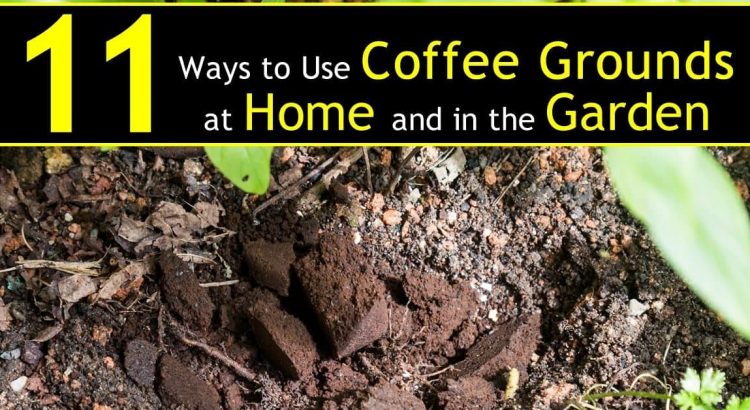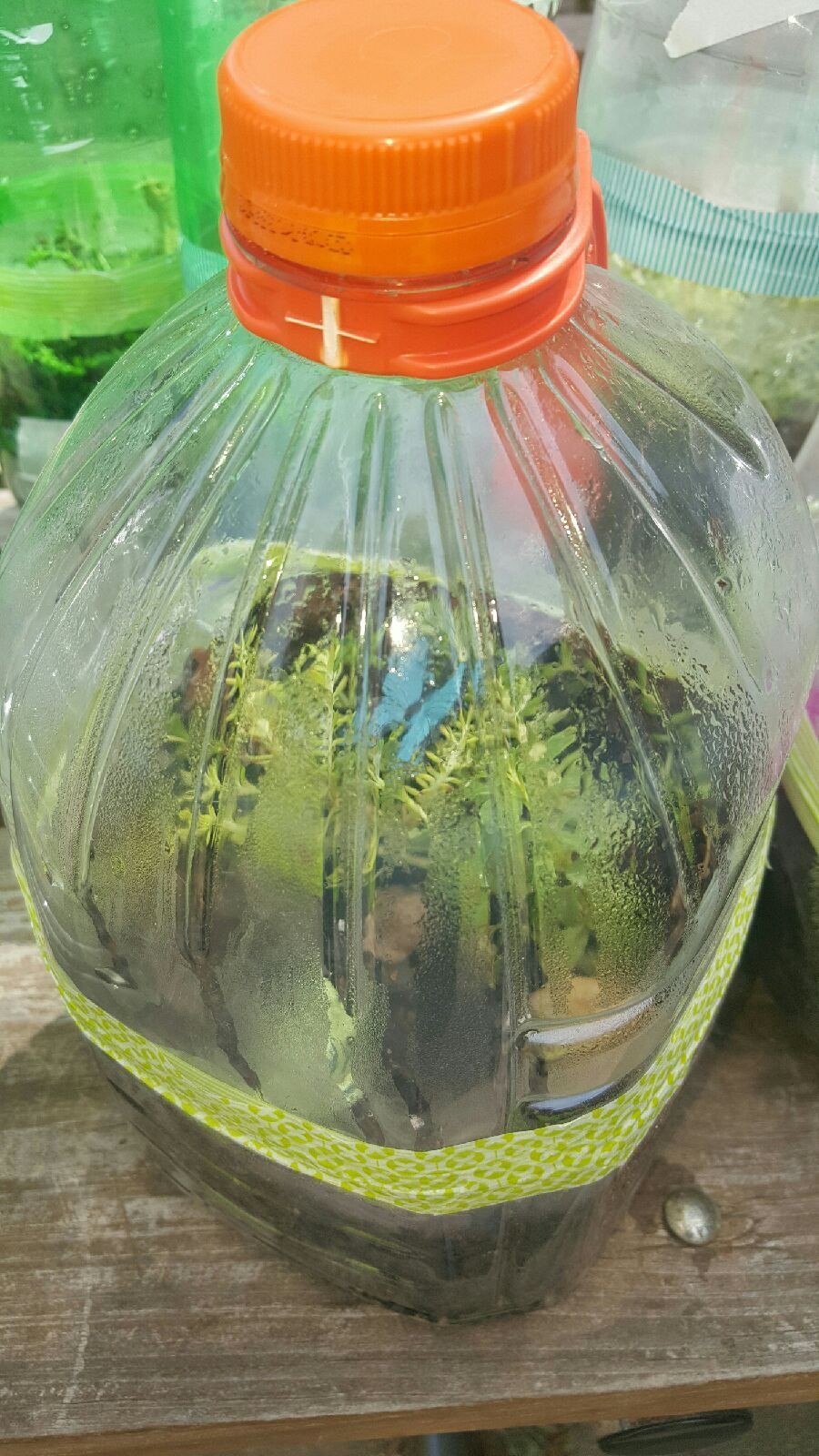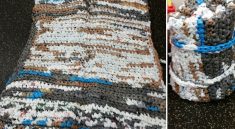Recycling coffee grounds, 11 ways to use coffee grounds in the garden, Benefits of using coffee grounds in the garden, Composting, Aeration, Water retention, Drainage, Earthworm attraction
From Tips Bulletin.
“11 Ways to Use Coffee Grounds in the Garden”
“Ways to Use Coffee Grounds in the Garden”
“When used correctly, coffee grounds can be a great addition to your garden. Many gardeners find it is a safe, natural, and effective way to boost their gardens without using harsh chemicals or pesticides. Use them to boost blooms and berries, and to keep away slugs and snails. Use them in your compost pile to increase nitrogen levels in your soil.
Even if you aren’t a coffee drinker, you may be able to get the benefits. Contact local coffee shops or restaurants to enquire about picking up their grounds for use in your garden. If that doesn’t work, try asking one or more of your coffee-drinking neighbors to help you out.”
“Benefits of Using Coffee Grounds in the Garden as Fertilizer”
“Is coffee good for plants? Yes. The benefits of coffee grounds in the garden are fourfold.
Aeration. Compacted soil is a problem for plants because the soil is compressed, meaning the roots of the plant are unable to get what they need. Aeration breaks up the soil and creates small holes through which oxygen, nutrients, and water can reach the roots. Healthy roots can become strong, and as a result, your plants strengthen.
Water Retention. Water retention is a problem in dry and arid regions, where droughts are common. Your plants are unable to get enough water, and they end up wilting and dying. Coffee grounds improve water retention in soil, and improved water retention means the plants will be able to do more with less water.
Drainage. On the other end of the water retention spectrum, poor drainage creates stagnant water and leave your plants vulnerable to diseases. Soil with good drainage ensures that the roots of the plant can receive the water they need while letting the excess flow away. Coffee grounds help to break down the soil and allow for better drainage.
Earthworms. Love them or hate them, worms are fantastic for gardens. They move through the soil by tunneling, which creates natural vents through which oxygen and water can flow. They also eat organic matter, and their castings (excrement) contain nutrients that plants love. Coffee grounds are organic matter, so adding them to your garden will attract earthworms, which will, in turn, provide your plants with vital nutrients and drainage.
How To Use Coffee as a Fertilizer
Using coffee grounds to fertilize your garden is simple: work the grounds into the soil around your garden, and you’re set to go. Leftover coffee can work well, too, as long as it’s black or sweetened with real sugar — if you’ve used artificial sweeteners or milk, avoid introducing the grounds to your plants.
What About Soil pH?
You may have heard that coffee grounds will alter the pH level of your garden.
The short answer: unwashed coffee grounds will lower the pH level of your garden (raise the acidity), which is great for plants that like acidic soil, but hurts plants that prefer less acidic soil.
Washed coffee grounds have a pH level of 6.5, which is almost neutral. In layman’s terms, washed coffee grounds will neither increase nor decrease the acidity level of your soil, making them useful for all plant types.
Composting
One benefit to using coffee grounds in compost instead of using it as a fertilizer is that coffee grounds will increase the nitrogen levels in the compost and, thereby, in your soil. Plants get food from the sun, absorbing ultraviolet light and converting it into food. The process of using sunlight to create food is called photosynthesis. For a plant to properly photosynthesize, it needs nitrogen. Used coffee grounds, as well as used filters, make great compost.
One thing to keep in mind: compost piles need equal amounts of green compost material and brown compost material to benefit your garden. Without a proper balance, your compost pile may not break down and might even start to smell bad.”
Read more:
https://www.tipsbulletin.com/11-ways-to-use-coffee-grounds/




